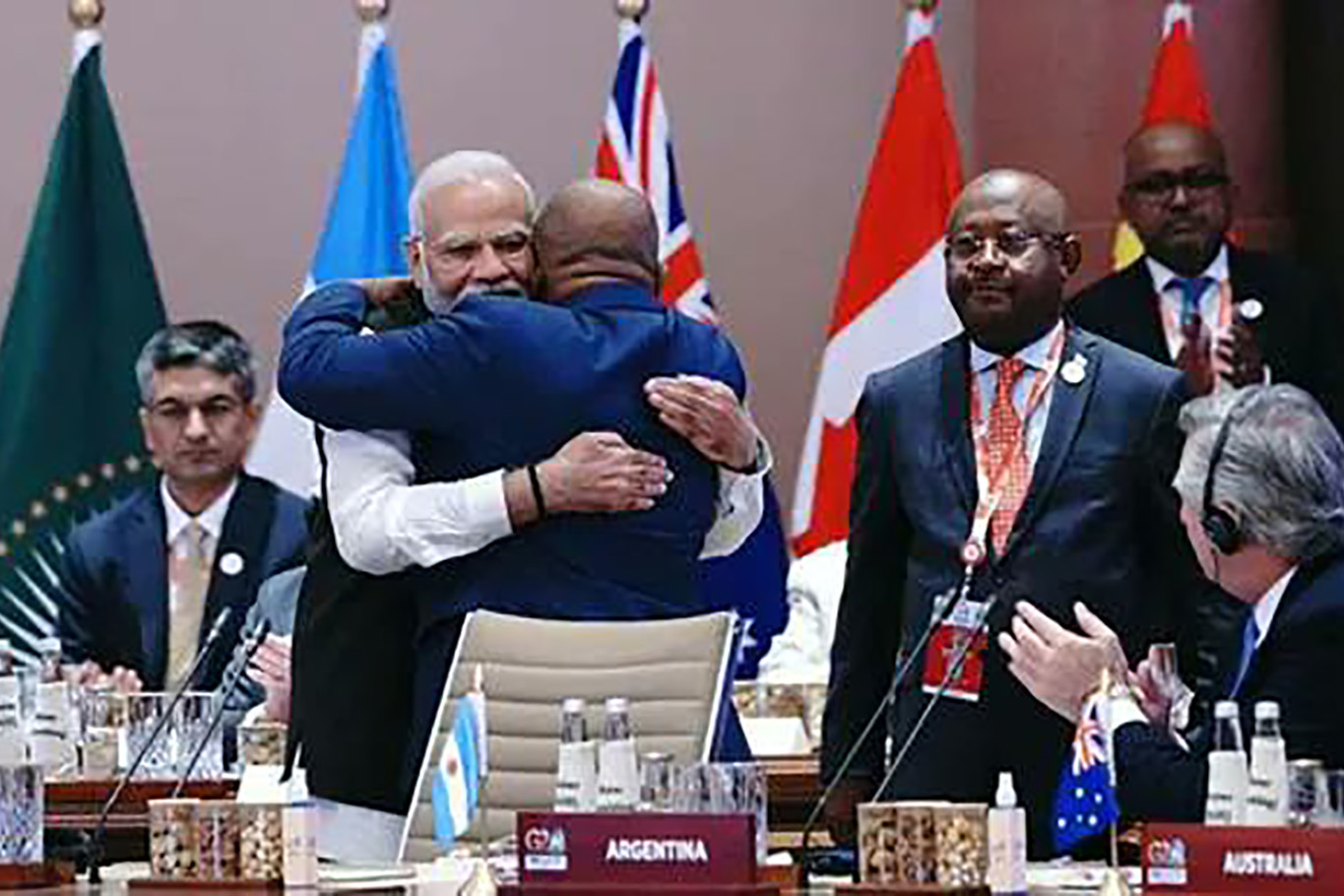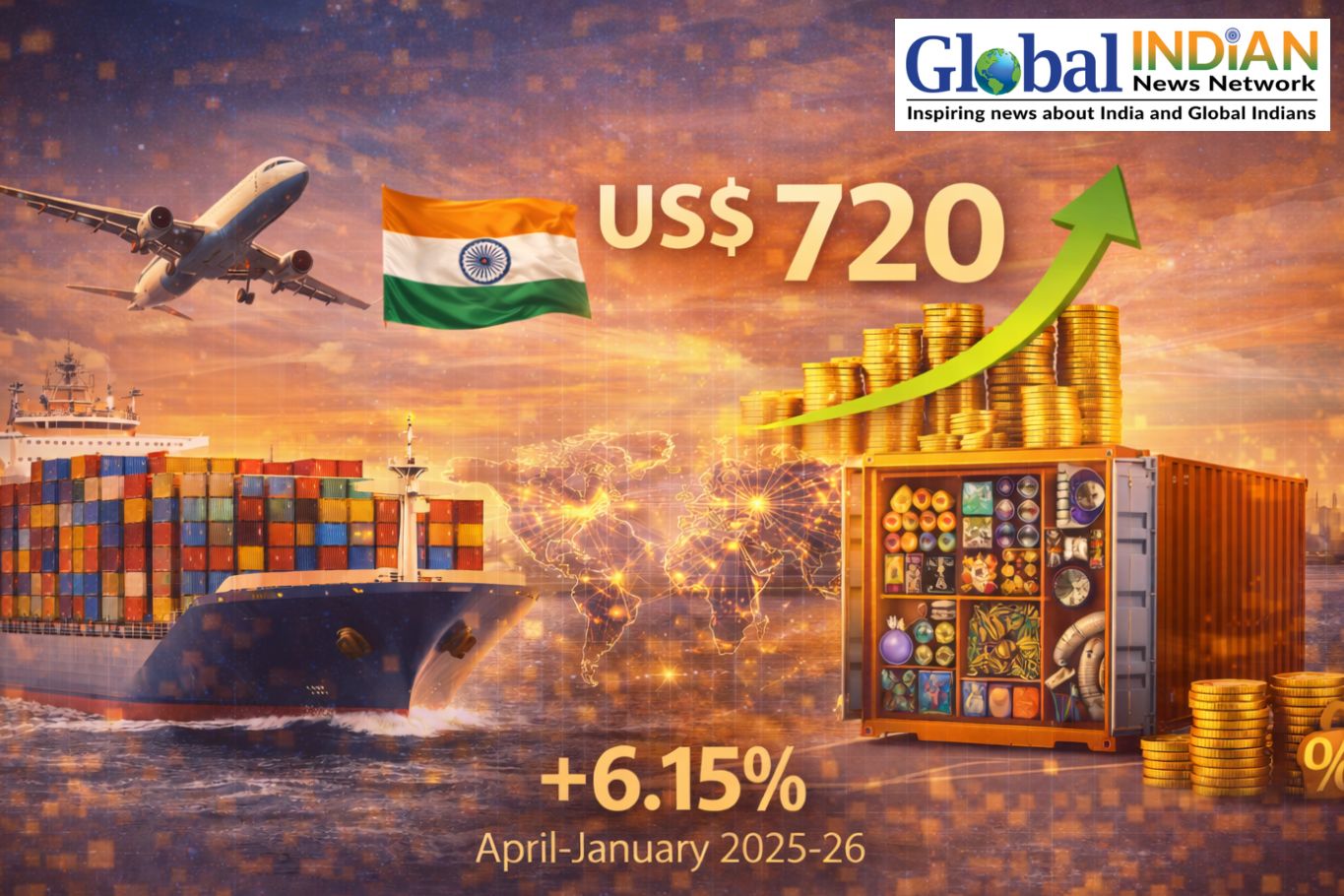
India, having established itself as a prominent voice for the Global South, is now looking to take a more active role in Africa. It is gearing up to explore opportunities within the African Continental Free Trade Area (AfCFTA), a mega trade agreement involving 55 member nations. AfCFTA aims to create a single market with a combined GDP of approximately $3.4 trillion and serve as a gateway to a population of 1.3 billion, providing a substantial market.
Indian investments in Africa are steadily increasing, and African nations are seeking support from India, particularly in areas such as food security, digitization, healthcare, and clean energy. India is already a preferred destination for medical tourism among Africans.
Experts suggest that India, which relies heavily on imports of critical minerals and rare earth elements, needs a well-defined Africa strategy within a specified timeframe.
A Brookings report highlights that India’s experience with Aadhar, its biometric digital identification program, can offer valuable lessons for African governments. Effective implementation of digital identity systems can enhance governance, establish clear institutional mandates, and improve accountability. India, being a leader in this field, can contribute significantly to the digital transformation of the continent.
Amid global economic challenges due to the pandemic and geopolitical events like the Ukraine war, China’s lending practices and borrowing by countries face new pressures. India, as one of the top five investors in Africa with around $74 billion, is expected to increase its presence, particularly with greater participation from the private sector. The recent inclusion of the African Union (AU) in the G20 during India’s presidency has further strengthened India’s standing in Africa.
Bilateral trade between India and Africa has surged, reaching approximately $98 billion in 2022-23, a significant increase from a mere $7 billion in 2001. Observers emphasize the need for India to view Africa not only as a source of short-term gains but as a partner for medium and long-term economic growth.
As China reduces its investments in Africa, India sees an opportunity to fill the gap. Moreover, Africa’s role is becoming increasingly significant as geopolitical dynamics shift toward the Indo-Pacific region.










